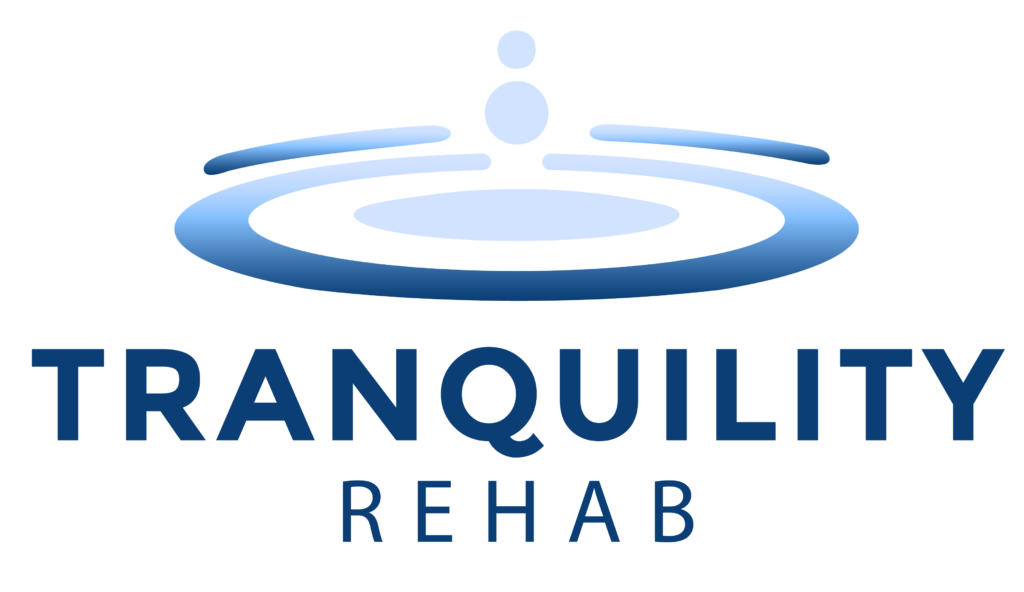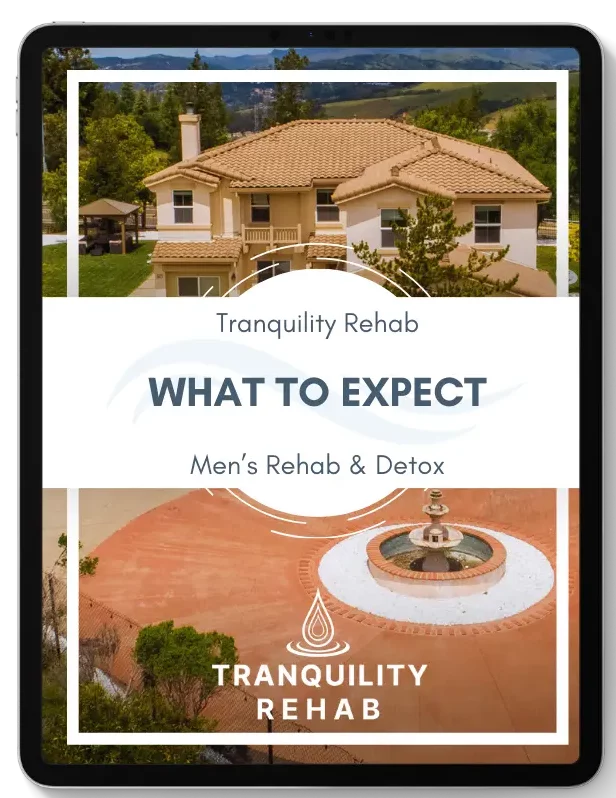Drug addiction is a severe problem in the United States, and it’s getting worse. So if you or your loved one is struggling with drug addiction, many options for addiction treatment are available to help. One of the most effective is a residential drug rehab program. Residential treatment programs are designed to help people with drug addiction overcome the physical and psychological challenges that come along with it.
What is Residential Treatment?
A residential treatment program is a comprehensive and structured addiction treatment program that allows individuals to seek intensive care in rehab centers. It enables them to leave their homes and reside in a monitored setting for an extended amount of time to avail all the live-in facilities by trained staff.
These programs address severe issues, including mental illness, schizophrenia, family crisis, behavioral problems, substance abuse and drug addiction. Separate units are provided for men and women and women with children. The length of residential services depends upon the drug history and severity of the problem. You get full-time supervision by medical specialists. They invest all their efforts into bringing a drug-free life to you.
Why is Residential Treatment necessary?
Studies found that people who get residential treatment have the highest success rate in recovery from drug addiction.
People who get residential treatment avail the best care and facilities from the professional staff of the Rehab center. They learn the coping skills and mechanisms to avoid relapse after recovery. They learn to develop behavioral and cognitive changes them. Therapeutic treatments are given to the patients according to their needs, which is unique to every patient.
Here are some benefits of residential treatment listed below:
- Provides 24-hour intensive care to patients
- The frequent session can be conducted easily.
- Doctors are able to see the patient irrespective of setting (outside the confines of their offices)
- Immediate care facilities are given during anxiety and panic attacks.
- You learn new behavioral skills in the setting free from distractions.
- You get confidence when you see other people suffering from the same disorder.
- Various forms of therapies are given in the hour of need, such as cognitive behavioral therapy, medication-assisted treatment, individual and group therapy, dialectical behavioral therapy and family support.
- People who face diagnostic ambiguity in their treatment should take advantage of residential treatment programs.
How does it work?
When your initial medical assessment is done, our healthcare specialists develop an addiction treatment program tailored to your requirements. Residential treatment programs are usually long-term programs that take place in a facility that is away from the community. People who attend these programs must stay for a certain amount of time. It helps them to get rid of their drug addiction and to learn how to live a normal life.
Your recovery plan involves individual, and group therapy, ongoing medical oversight, behavioral changes, coping strategies and skills to help you better understand your challenges and any other underlying issues.
The credentialed staff of Residential recovery programs helps the patients visualize the progress they make daily in a structured manner. They provide you with a strict routine to follow and can accommodate people of all ages to allow them to promote their lifestyle through a communal living environment.
Types of Residential Treatment Programs:
There are several types of residential treatment programs offered by different healthcare organizations. People get intensive therapeutic treatment in an effective, evidence-based setting. The selection of the type of treatment depends upon the severity of the problem, willingness to receive treatment and health needs.
Drug detox:
In drug detoxification therapy, patients who are addicted to substance abuse get their bodies detoxified by several methods and medications in a monitored environment.
Alcohol detox:
It is the releasing of toxic alcoholic elements from the body of heavy drinkers through a medically supervised program.
Gender-Specific Treatment:
This type of treatment program addresses problems of both men (Men’s Rehab Program) and women (Women’s Rehab Program) in separate settings.
Mental Health Disorder Treatment:
People with mental health disorders, such as schizophrenia, who need continuous care get benefitted from residential treatment programs.
Traditional Inpatient Care:
This approach provides holistic treatment which addresses both mind and body to provide long-term effectiveness in the life of drug patients.
Continuing Substance Abuse Treatment:
After completing intensive inpatient care, patients are recommended to get outpatient treatment like:
Intensive Outpatient Program:
It involves frequent access to therapy on a regular basis.
Outpatient Treatment:
Drug and alcohol addicted patients receive recovery and treatment on a weekly appointment basis.
Partial Hospitalization Program:
Also as a day program, is an intensive mental health care program in which patients get treatment for several hours a day and return to their homes at night.
Aftercare Treatment:
Aftercare treatment is given on a need basis after a person completes his treatment journey.
Is Residential Treatment for me?
Deciding which therapy is best for you is confusing and overwhelming at times. Experts can better understand your condition and suggest the best therapy and treatment program for you. They can determine which should be given. But usually, residential treatment is recommended for patients suffering from the following disorders:
- Bipolar disorder
- Drug addiction and substance abuse
- Dual diagnosis
- Personality disorder
- Posttraumatic stress disorder
- Depression
- Eating disorder
- Anxiety
Perinatal Treatment:
Perinatal Residential Treatment (PRT) is a residential program that provides intensive treatment to pregnant and postpartum women who have experienced abuse or neglect. These women are at a higher risk of developing serious mental health issues, such as posttraumatic stress disorder (PTSD), substance abuse, and depression.
You can join a residential treatment program during your pregnancy and can stay there until all your treatment is done. You learn coping mechanisms to quit drugs. They learn interpersonal and independent living skills during pregnancy, childbirth and after delivery. Women get all the related healthcare facilities and care during pregnancy, care during labor pain and postpartum.
Residential Treatment at Tranquility Rehab:
Our licensed and dedicated staff is committed to bringing a blissful life for you. We provide you with full support in getting back to your normal routine. Tranquility Rehab guarantees you to give comprehensive inpatient care round the clock by applying what the hours need as treatment. We give you a serene environment in which you get social, mental and physical relief from all the discordance of the outside world. To learn more, contact us at 510-766-6625.


